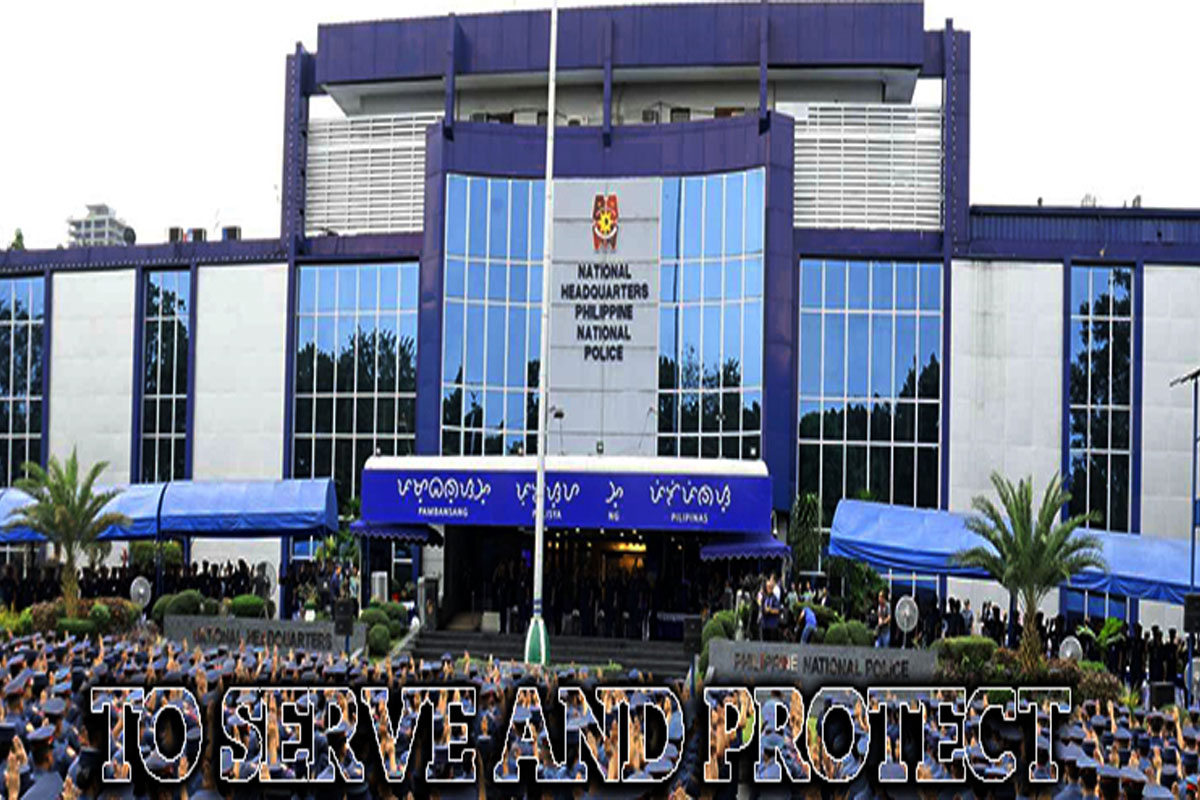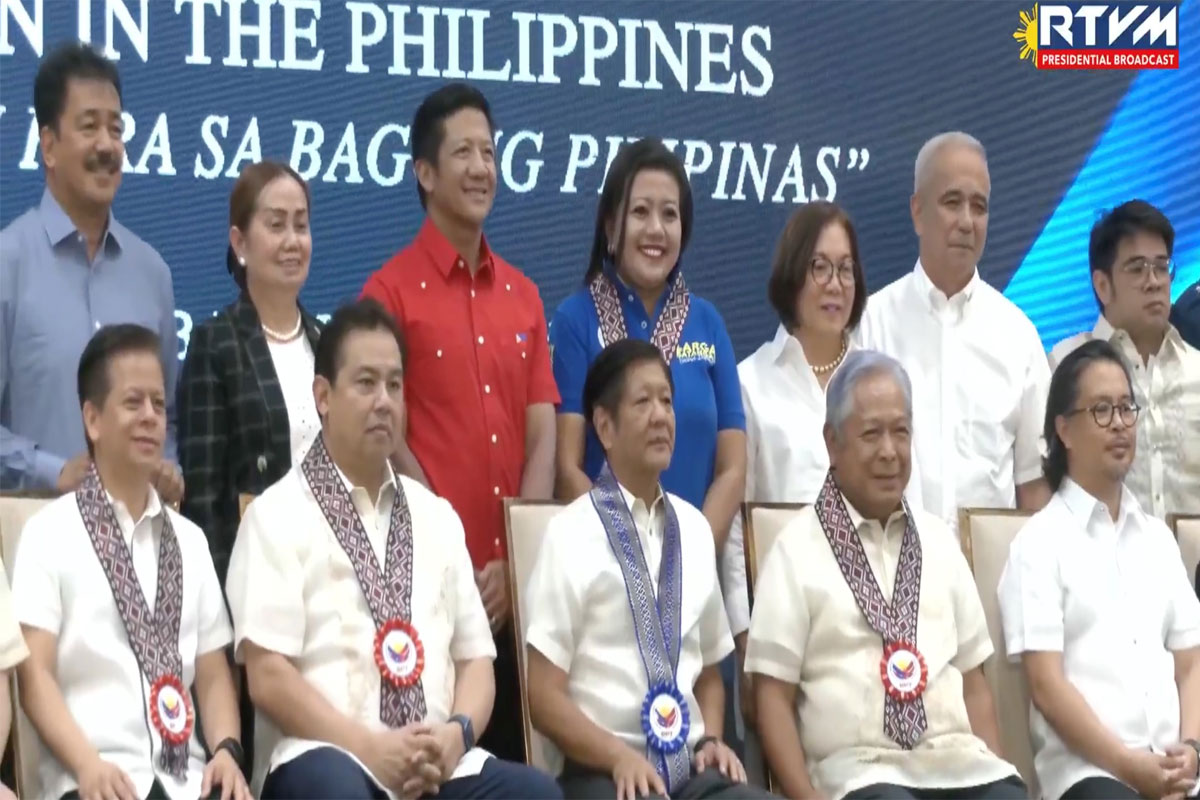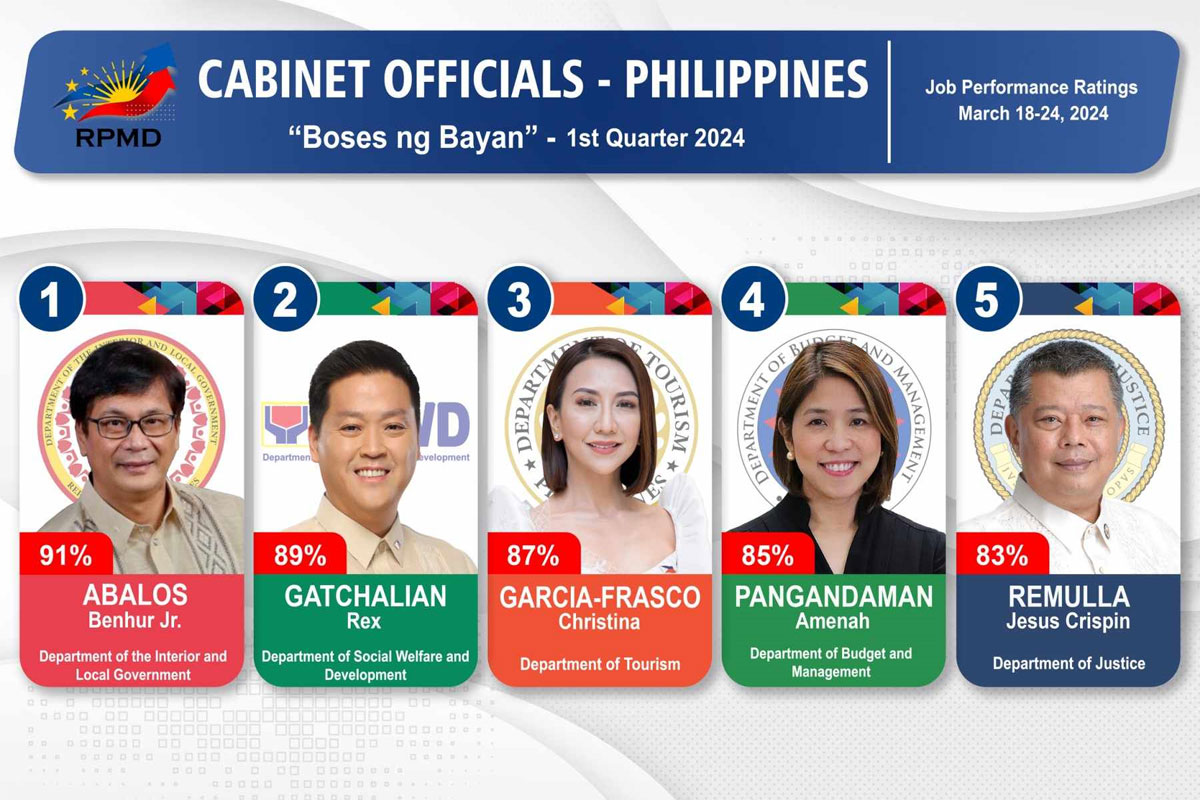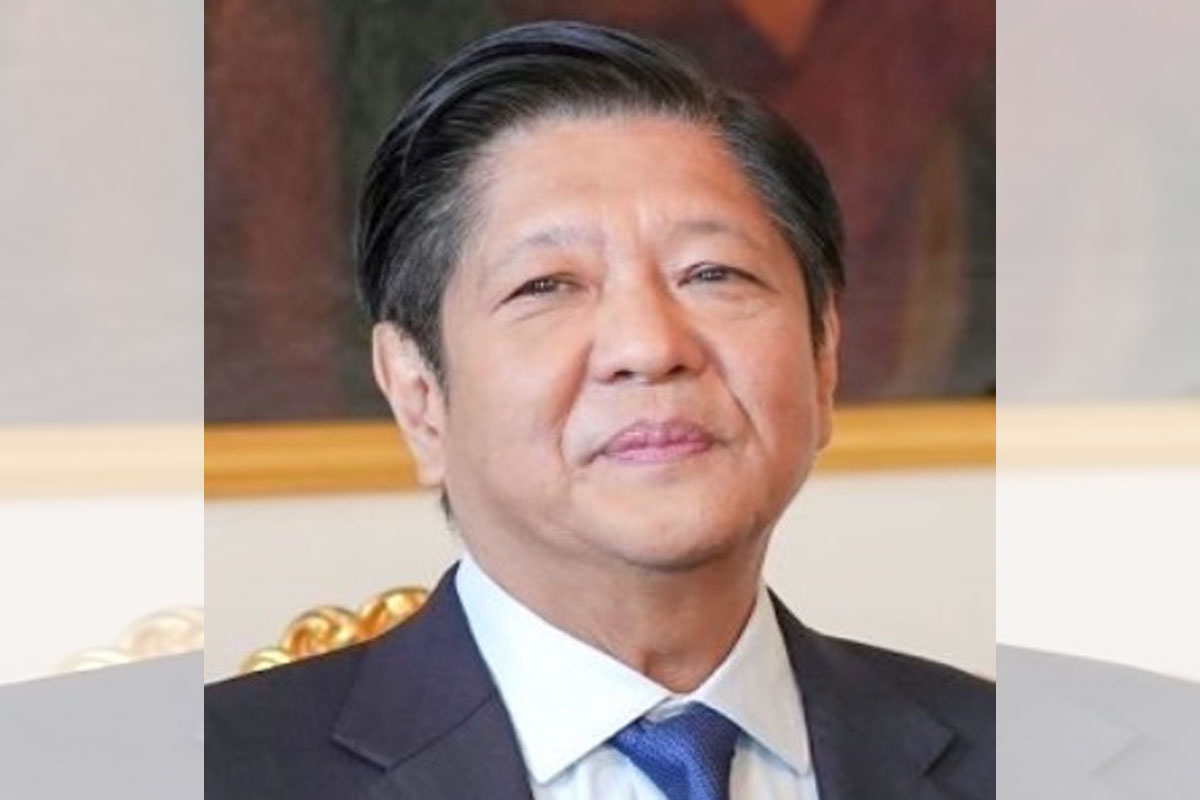
LRay urges House, Senate to tackle economic revisions during break
CAMARINES Sur Representative LRay Villafuerte has proposed that the called-off meeting between constitutional reform proponents in the Senate and the House of Representatives be held during the congressional break “to keep the ball rolling” on Charter Change (Cha-Cha) and help lawmakers decide soon enough on whether to go ahead on amending the 36-year-old Constitution before the year is over.
But Villafuerte suggested that the senators led by Senator Robinhood Padilla and House members led by Cagayan de Oro City Rep. Rufus Rodriguez meet in an open session in the interest of full transparency, and not “behind closed doors” as preferred by Senate President Juan Miguel Zubiri.
Padilla heads the Senate Committee on Constitutional Amendments and Revision of Codes, who earlier invited House members led by Rodriguez, who chairs the House Constitutional Amendments Committee, to attend the March 20 meeting of his panel to discuss the House-passed Resolution of Both Houses (RHB) No. 6 and House Bill (HB) No. 7325, which both want to initiate the process of reforming the 1987 Charter in this year’s fourth quarter.
RHB 6 calls for a hybrid Constitutional Convention (Con-Con) – comprising elected and appointed delegates – to do a makeover of the Charter’s restrictive economic provisions, while HB 7325 is meant to be the implementing law for RBH 6.
But the scheduled Senate panel event on March 20 between Padilla and the Rodriguez-led House delegation was suddenly called off last weekend after Zubiri said such a meeting, if it proceeds, must be held in an executive session or behind closed doors, because inviting congressmen as resource persons in a Senate committee hearing would supposedly “breach the longstanding tradition of inter-parliamentary courtesy.”
Villafuerte noted that Padilla was, in fact, quoted in the media as stressing on Wednesday the need for his Senate committee to meet with the Rodriguez group to thresh out their conflicting modality on how to amend the Charter, as this would help him draft his panel report on constitutional reform.
“We still have many things that we want to happen. The reason we can’t still adjourn (committee hearings) because we’re hoping that we’d be given permission to have a face-to-face discussion with our counterparts in the House,” Padilla reportedly told the media.
“Holding the called-off meeting on RBH 6 and HB 7325 even during the summer break of the Congress will drive home the message on the urgency of constitutional reform, given that we cannot hope to replicate the inrush of FDIs (foreign direct investments) to our more vibrant neighbors for so long as we remain stuck with the antiquated economic provisions of our Constitution on restricted foreign participation in Philippine businesses that have put off investors,” Villafuerte, President of the National Unity Party (NUP), said.
NUP is the biggest power bloc in the House next to the ruling Lakas-CMD led by Speaker Martin Romualdez, and all 45 of its members had voted for RHB 6 and HB 7325, which had consolidated four Con-Con bills, including HB 4926 was authored by Villafuerte.
The twin Con-Con measures were passed on the third and final reading before the congressional recess by 301 or nearly 96% of the chamber’s 314 members, illustrating the “supermajority” support in the bigger chamber for immediate Charter Change, Villafuerte said.
As for the concern that the House has been unduly rushing constitutional reform in lieu of priority measures beneficial to the Filipino majority, Villafuerte said Charter Change advocates in the bigger chamber have not been hurrying constitutional reform, considering that the push for changes to the 1987 Charter has been there for almost three decades now since the presidency of the late Fidel V. Ramos.
“How can we in the House be rushing off on something that has been with us for nearly three decades now? Charter Change first surfaced during the former Ramos presidency or not even a decade after our Constitution was ratified on the watch of the late President Cory Aquino?” Villafuerte stressed.
“Since then, this call for Charter Change surfaced again and again in the Administrations that followed from the time of former President Estrada up to ex-President Duterte’s. This only goes to show that the clamor for constitutional reform has been long there and, more importantly, that what we have been doing in the House is to simply revitalize a legitimate, ever-growing cause,” he added.
Villafuerte earlier suggested to Zubiri to “allow Sen. Robin and Con-Con proponents in the House led by Rep. Rufus to meet, as originally planned, in a public hearing in the interest of full transparency.”
“The last thing we need is to hold such a meeting behind closed doors, which is the apparent preference of the Senate President, as such a secretive engagement would not afford our people a splendid chance to hear from our legislators from both chambers the pros and cons of constitutional reform, and which between the Con-Con and Con-Ass (Constituent Assembly) is the better route to tweaking our 36-year-old Charter,” he said.
“Moreover, holding a closed-door session would only fuel further a misplaced public suspicion that lawmakers advocating constitutional reform to rid the Constitution of its economic provisions that have long impeded the inrush of FDI flows have a hidden political agenda behind this revived initiative for a Charter makeover,” he added.
Hence, he said, “it is better for this meeting to take place now and for it to be held in public rather than in an executive session, to allow a free flow of ideas among our lawmakers that would eventually enable our people to make an informed choice on constitutional reform.”
As regards the argument by critics that constitutional reform is no longer needed to attract more FDIs, because there are already a number of laws that were signed by former President (Rodrigo) Duterte to make our economy more investor-friendly, Villafuerte maintained that unless the Constitution is tweaked to take out its restrictive economic provisions, “we will never see the much higher level of foreign investment streams now enjoyed by other economies in the region, for as long as we do nothing to do away with the 40%-cap on foreign ownership or participation in Philippine businesses that have turned away international investors.”


















